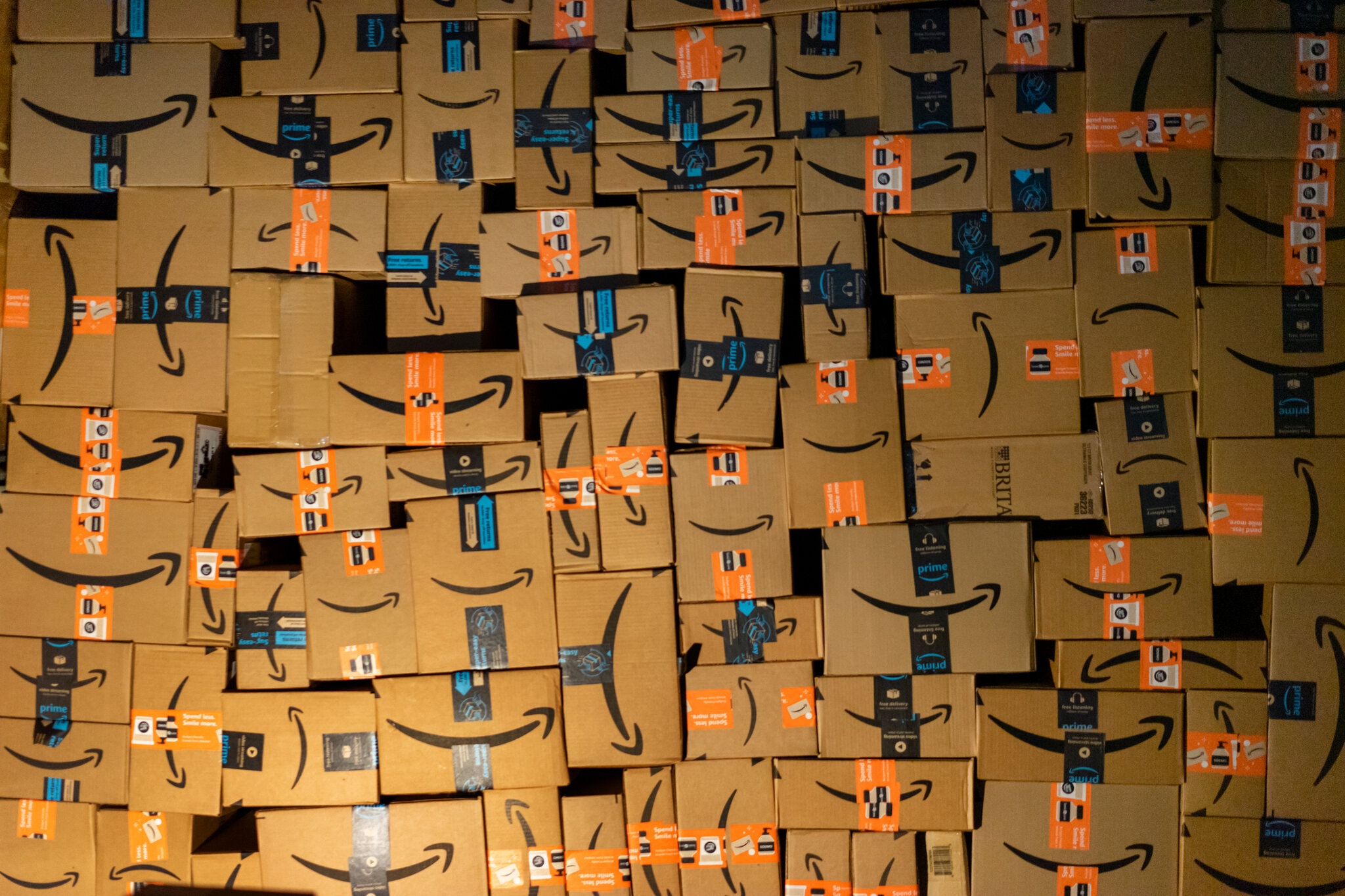The fight for labor rights operates in tandem with journalism – as organizers assemble workers, news outlets amplify their voices for more of the workforce to hear, coalescing a more powerful force to push against exploitative employers. This spring, media was abuzz with reporting on workers’ rights at Amazon amid a union drive at its 885,000-square-foot warehouse in Bessemer, Alabama.
Many outlets advocated for the PRO Act, legislation that would empower the creation of unions, and thoroughly covered the arc of the union effort. Still, of the more than 2,500 worker ballots cast, 1,798 were against creating a union. The drive was mired with union-busting efforts such as mandatory anti-union meetings, anti-union consultants, and cops hired to harass organizers and supporters. Though it failed, the drive did successfully spur other labor movements in the company across the globe.
The push for unions at Amazon is part of the broader movement to improve grueling working conditions under the company. In These Times published a series of accounts this fall detailing work amid the pandemic: workers in warehouses and delivery fought for safer conditions, describing the intense speed that sometimes led to delivery drivers peeing in bottles to make drop-offs on time.
During the Bessemer union drive, news spread of workers peeing in bottles to meet their quotas, and Amazon levied its brand power to confront Wisconsin Rep. Mark Pocan on Twitter, saying, “You don’t really believe the peeing in bottles thing, do you?” As The Intercept reported, the practice is so widespread that “managers frequently referenced it during meetings and in formal policy documents and emails.”
Amazon’s aggressive Twitter strategy seemed to be an out-of-character flub, but its official accounts weren’t alone in fighting for the brand during the Bessemer drive. The company unleashed a “small twitter army” of “ambassadors” to defend Amazon and CEO Jeff Bezos, according to documents obtained by The Intercept. Conceived in 2018, Amazon’s “Veritas” program trained fulfilment center workers with a “great sense of humor” to bluntly confront critics and policymakers in defense of the brand. Documents show examples of how to defend Bezos and confront figures like Bernie Sanders.
Amazon also influences news media, most directly with the Jeff Bezos-owned Washington Post. Last month, the front page of the Post was “festooned with native ads from Amazon portraying itself as a devoted supporter of a higher federal minimum wage.” Jacobin’s David Sirota points out that the company only gave into a $15 minimum wage after public shaming and has continued to fund corporate lobbying groups against a minimum wage increase. Amazon’s “native ad” was included in the Post’s masthead banner, not clearly marked as an ad.
CNN has published pieces on Amazon’s working conditions, but searching “Amazon” won’t easily show them. The search term is currently flooded with posts advertising Prime Day as part of CNN Underscored, a product guide that gets the company a cut of purchases. Here, Amazon offers another example of how advertising can redirect news consumers from critical reporting of grueling conditions to products “that help you live a smarter, simpler and more fulfilling life.”
In corporate media, it can pay to bury stories in ads, or, in the Washington Post’s case, merge them into one. But The New York Times has recently published a flurry of pieces criticizing Amazon for its employee mismanagement and high turnover, including a longform piece on New York City’s JFK8 fulfilment center. Additionally, searching “Bessemer” or “Amazon” on The New York Times’ site yields straightforward or critical pieces covering Bessemer’s failed union drive and unraveling the relationship between Amazon and its customers and employees. This publishing strategy may help to set itself apart from two of its competitors in national news.
As the richest man in the world, Jeff Bezos is a popular target for ridicule, evidenced by the change.org petition to stop him from returning to Earth after his trip to space. But despite general sentiment and mainstream coverage, corporate power has beaten out calls for improvements to Amazon’s labor conditions. Throughout the past months’ developments concerning Amazon and its employees, independent media has reported from a transparently pro-labor perspective, calling for new labor laws, covering union activities, keeping up with Amazon’s union-busting after Bessemer, and confronting poor working conditions.
Money and influence enable companies to exploit workers and deploy complex defenses to manipulate the media we consume. Combatting this influence with consistent, critical reporting on massive corporations like Amazon is essential from both mainstream and independent media to create a healthy media landscape and livable conditions for workers.
Photo by Reuben Cox/The New York Times

